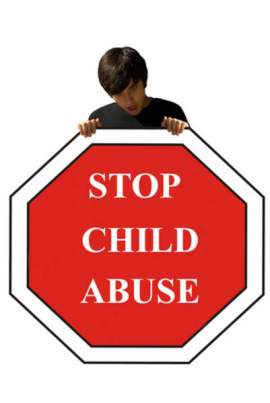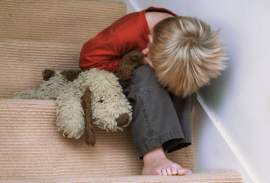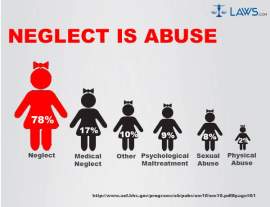
A Guide to Child Abuse Laws

What are Child Abuse Laws?
Child Abuse Laws are defined as legislation that has been employed with regard to the regulation and oversight corollary to both the investigation and prevention of child abuse offenses. Child abuse is defined as the mistreatment or neglect of a child, which typically includes a violation of that child’s rights and entitled freedoms. Furthermore, child abuse can take place in a variety of settings, which may include a variance with regard to the abuser, the nature of abuse undergone, as well as the repercussions resulting from the child abuse offense.
Legal Factors and Classifications of Child Abuse Laws
Both the classification, as well as the investigation process of child abuse offenses is typically gauged in accordance to existing legislation with regard to children’s rights; children’s rights are a faction of the overarching statutory process innate within the regulation of Child Abuse Laws. Subsequent to the review of children’s rights, the establishment and oversight of a variety of Child Abuse Laws and acts established within modernity allows for the swift recourse of child abuse offenses:
Children’s Rights
Children’s Rights are the freedoms and entitlements afforded to individuals classified as minors, which results from their respective ages not meeting an implied age of consent; as a result, these rights expressed within Child Abuse Laws allows certain entitlements to children:
Children or minors are the responsibility of their parents or approved guardians; guardianship over a child requires that individual to provide the child with a sufficient quality of life – this includes food, water, and shelter
Children are entitled to participate – and have access to – community programs and educational facilities allowing them the opportunities for learning and information
Children are required to be free from exploitation, harm, danger, and duress
Child Abuse Laws in the United States
The Child Abuse Prevention and Treatment Act - Child Abuse Laws passed in 1974 - are considered to be amongst the foremost legislation passed with regard to the establishment of a system reflecting fair, ethical, and legal treatment of children; this act expressed that children will be free from any nature of abuse, including child abuse taking place on physical, sexual, emotional, or psychological levels:
The Child Abuse Laws cited within this act mandate that each individual State will be required to provide for the defense and advocacy of children residing within their borders; although the respective ages of what constitutes minor status may vary, individual below the age of 18 are typically cited as minors
The development of the National Center on Child Abuse and Neglect and the National Clearinghouse of Child Abuse and Neglect Information (NCCAN) are federal departments overseen by the Department of Health; these departments are responsible for the regulation of Child Abuse Laws with regard to the apportionment of monies and funding to applicable and approved institutions providing advocacy and protection for child who have been abused
The development of independent and private institutions providing for the protection of children have also been commonplace within the United States; subsequent to the review and applicability to expressed Child Abuse Laws, these institutions – such as ‘Childhelp’ and ‘Children First’ are private institutions that receive Federal aid



















